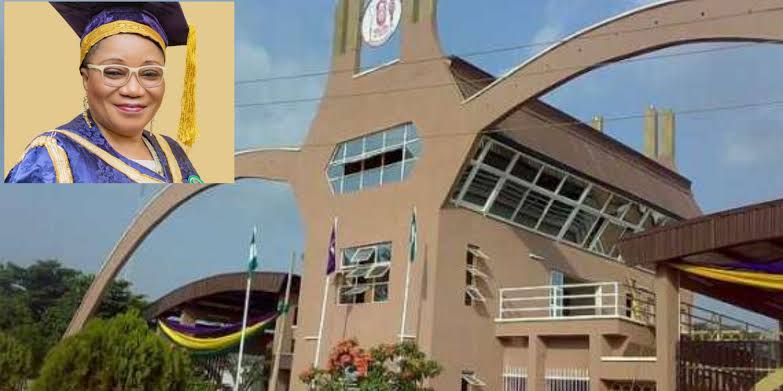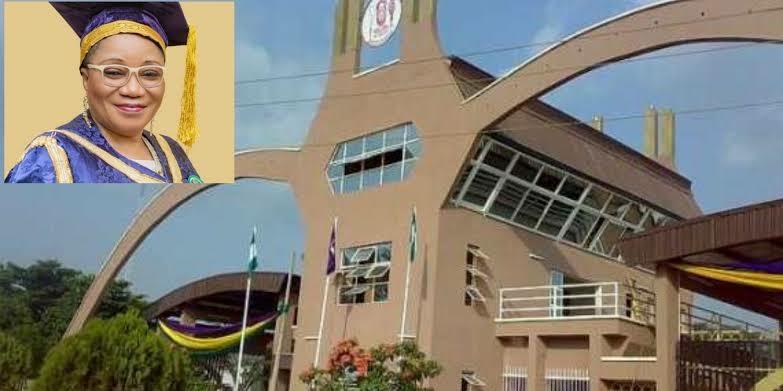More than 500 students who had overstayed at the University of Benin have been granted amnesty.
Prof. Lilian Salami, Vice-Chancellor of the university, announced this on Thursday in Benin during her address at the institution’s 46th and 47th combined Convocation and 51st Founders’ Day ceremonies.
Under her leadership, the university also implemented several academic reforms, milestones, and accreditations, according to Salami.
She claimed that one of these accomplishments was the implementation of a system in which graduates’ certificates would be available for collection on the day of graduation.

She also stated that as a result of the COVID-19 pandemic, the institution had successfully implemented teaching methods such as e-learning and physical teaching.
To that end, the vice-chancellor announced the establishment of a Directorate of Quality Assurance to standardize academic activities and ensure quality service delivery across all academic programs at the university.
“At the outset of this administration, a major source of concern was the gross disequilibrium in the teaching-to-non-teaching staff ratio.”
“According to the available data, there were 1,779 teaching staff and approximately 6,063 non-teaching staff.”
“With the ongoing employment embargo, something drastic had to be done to address the situation.” The administration then began the process of identifying qualified individuals among non-teaching staff who were later redeployed to the teaching cadre.
“Over 250 such qualified staffers have been re-deployed to academics so far.” The administration’s actions did not end there. “As of today, over 200 adjunct lecturers have been appointed to fill the void in teaching positions,” she explained.
Salami also stated that the university, under her administration, had added five new programs to the academic curriculum, including Bachelor of Arts degrees in music and psychology, as well as Master of Science, Master of Philosophy, and Doctor of Philosophy degrees in Maternal and Child Health Nursing.
She stated that the postgraduate programs were supported by the Centre of Excellence in Reproductive Health Innovation (CERHI).
Meanwhile, the University’s Chancellor, Prof James Ayatse, who is also the Tor Tiv in Benue, has urged Nigerian tertiary institutions to be more innovative in addressing the enormous challenges impeding access to quality education.
To supplement their dwindling subventions, Nigerian universities must engage in profitable ventures without jeopardizing the core objectives of the institutions, according to the chancellor.
He did, however, commend the vice-chancellor, members of the management team, and other members of the UNIBEN community for maintaining campus peace and stability.
In a similar vein, Dr. Sonny Kuku, Chairman of the University’s Governing Council, advocated for increased education funding in Nigeria to achieve the desired result of producing highly skilled and competent manpower to drive the country.
In order to keep up with the dynamics of technological advancement, Kuku identified electricity supply and continuous upgrading of Information and Communication Technology (ICT) infrastructure as urgently needed facilities.


















Discussion about this post